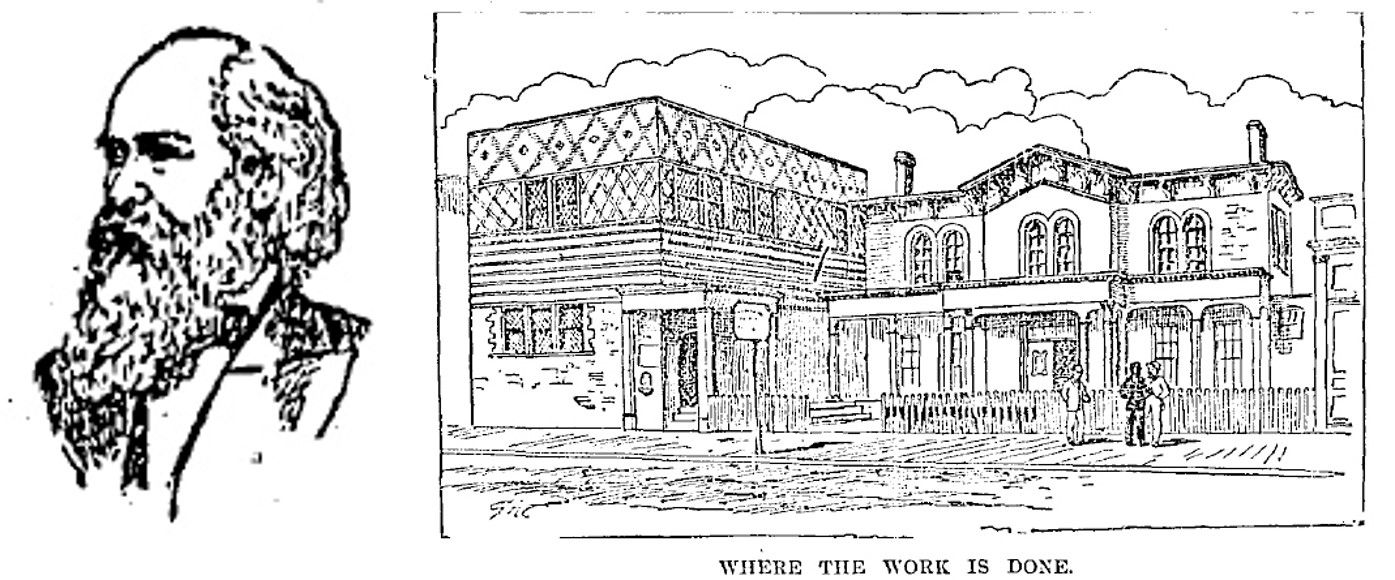
Charles J. Hull and drawing of Hull House. Chicago Tribune, February 14, 1889 and November 1, 1891.
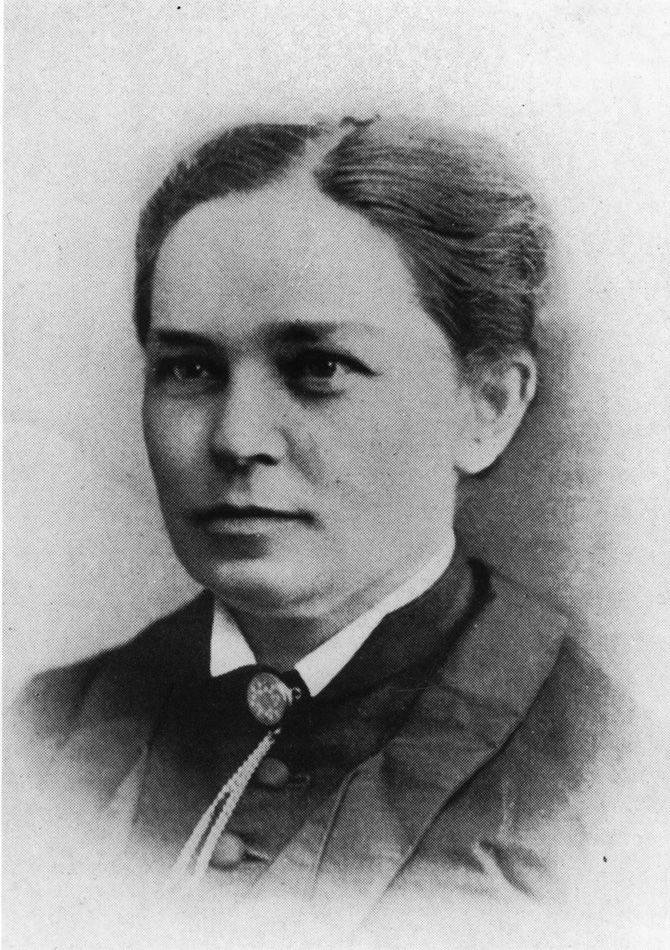
Helen Culver (1832-1925)

Charles J. Hull and drawing of Hull House. Chicago Tribune, February 14, 1889 and November 1, 1891.
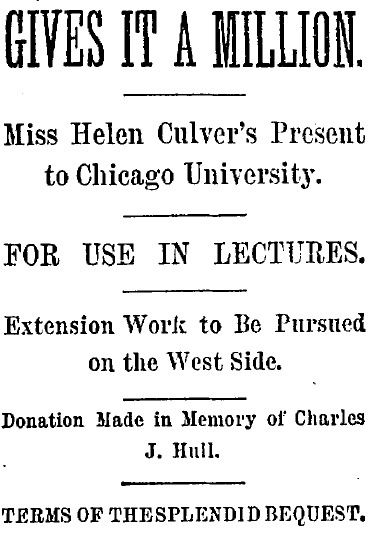
Chicago Tribune, December 15, 1895.
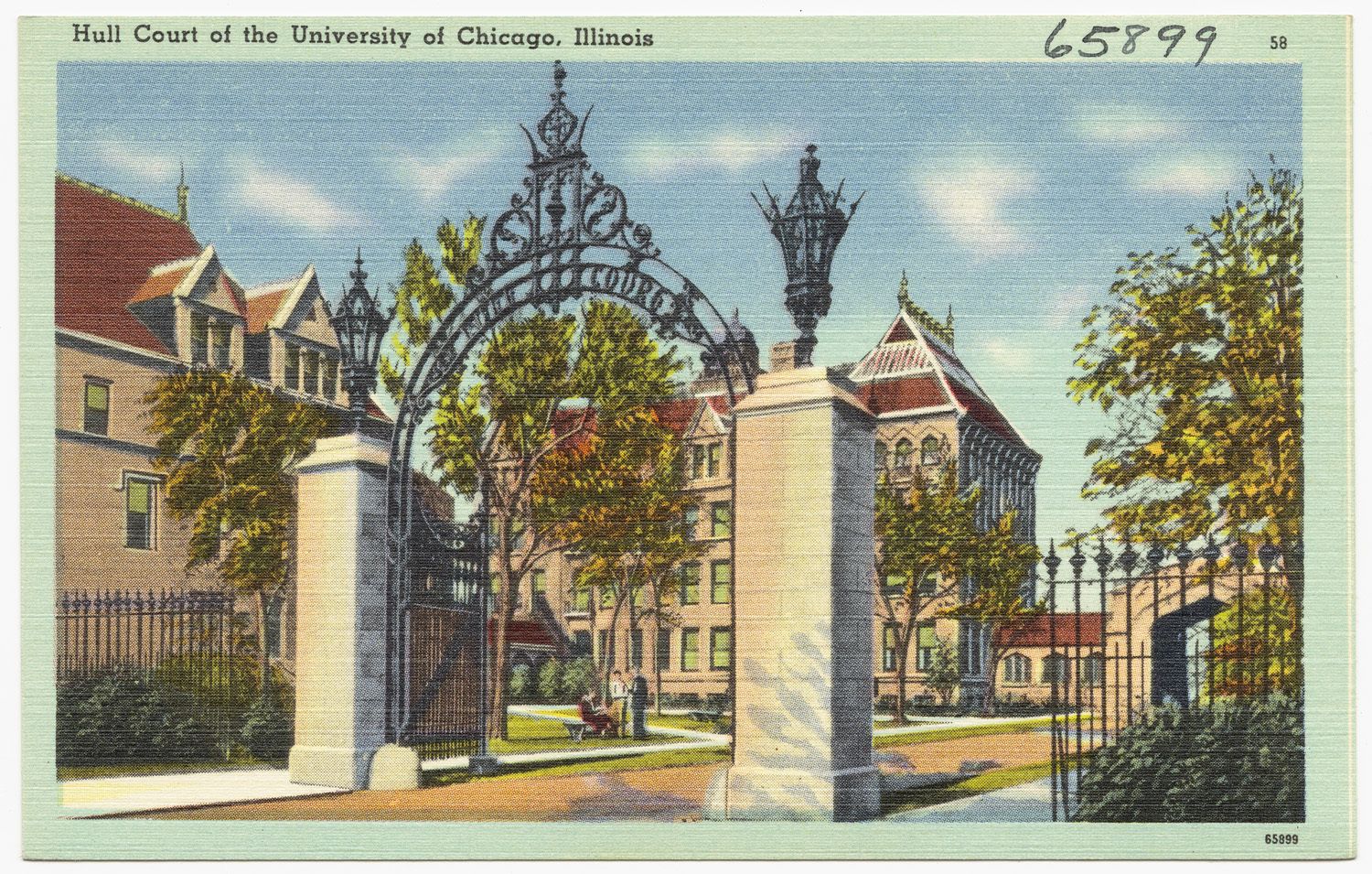
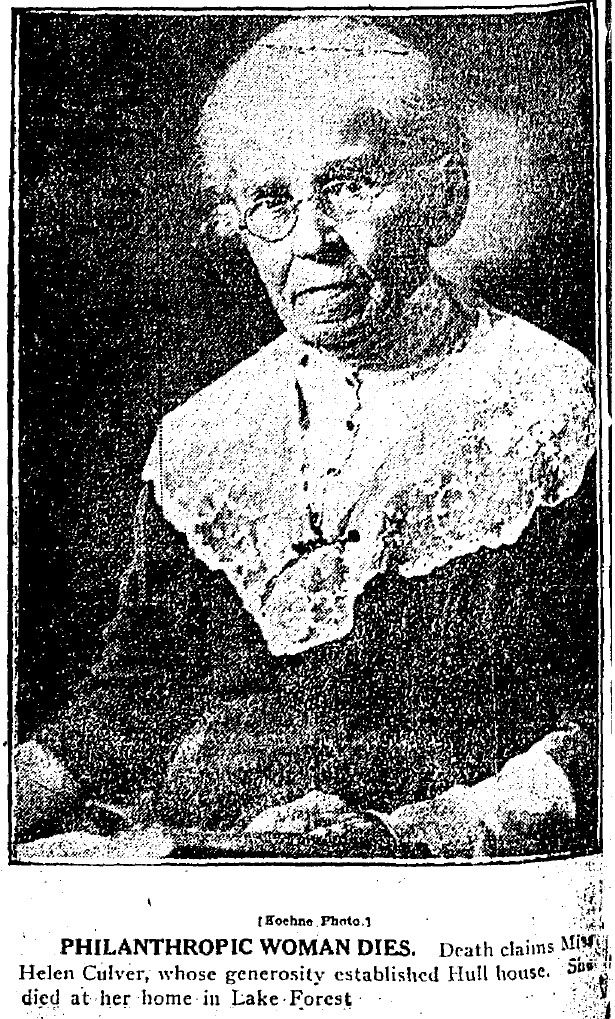
Chicago Tribune, August 20, 1925.
Helen Culver was Lake Forest’s resident “old lady who rode her bicycle all over town,” coming in from her Waukegan Road estate. Her extraordinary, trailblazing life encompassed education, nursing, business, social work and science, all with the goal, she said once, of being “the means of making lives more sound and wholesome.”
Helen Culver was born in rural upstate New York. As a child, she was such a passionate reader that she kept a book on the head of the spinning wheel so she could catch a few words at her task. She came west to be a schoolteacher, work that was interrupted by service as a nurse in the Civil War. When her cousin Charles J. Hull’s wife died, she became the caretaker of his children, and soon, the partner in his real estate business which sought to encourage and assist the working classes in owning their own homes.
As the partner of her cousin Charles J. Hull in his real estate firm, Helen Culver was a successful business executive at a time when women in business were almost unknown. To make real estate transactions more efficient, she became the first female notary public in the state of Illinois. After Hull’s death in 1889, she inherited his firm and fortune, and was soon one of Chicago’s best-known philanthropists.
Helen Culver’s donation of property – the house where she had lived with Charles J. Hull (pictured at right) on Halsted Street – led to the founding of Hull House by Jane Addams and Ellen Gates Starr in 1889.
Helen Culver’s gift of funds allowed the University of Chicago to build ground-breaking biological research facilities, the Hull Laboratories, in 1895.
In her last years, Helen Culver was blind. In anticipation, she memorized dozens of her favorite poems. Finding she could still knit, she turned in more stockings for the soldiers than any of the other women war workers in Lake Forest.